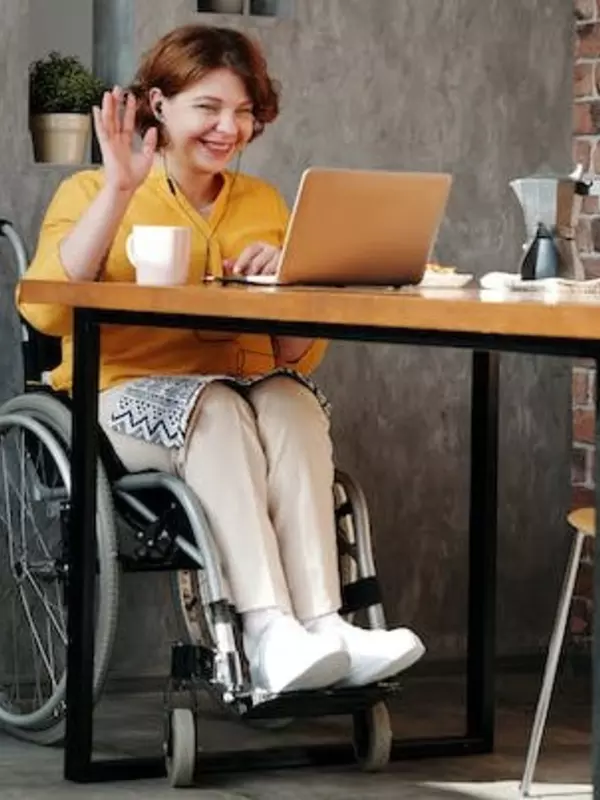Co-occurring disorders certification
Three levels of co-occurring practices
Clients with co-occurring disorders have been diagnosed with a substance abuse disorder, plus another mental health disorder. Our training program is based on three levels of practice to treat these clients.
Each level of practice builds upon the skills acquired from the previous level. Importantly, practitioners must stay within their scope of practice regardless of the level attained.
| Practice level | scope |
|---|---|
| INFORMED | Supports treatment. |
| CAPABLE | Provides treatment in quadrants 1, 2, 3. May provide some supervision. |
| ENHANCED | Provides treatment to all quadrants, particularly 4. Supervises all levels. |
View required coursework and upcoming training for each practice level.
If you're ready to register for a class, visit sccLearn.
| Treatment quadrant | |
|---|---|
1
| 2
|
3
| 4
|
Training program
Select a practice level to see its training program summary.
You can also see if you qualify for exemption from co-occurring disorder training.
1. INFORMED | 2. CAPABLE | 3. ENHANCED
Informed
| Training goals | who it's for |
|---|---|
Support treatment of clients challenged by co-occurring disorders by developing core skills for screening, engagement, readiness and retention, education, advocacy, and collaboration. | Paraprofessionals including:
|
Capable
| Training goals | who it's for |
|---|---|
Develop core skills needed to provide an integrated assessment and treatment to clients and their families facing mild to moderate co-occurring disorders. Skills include screening, assessment, and diagnosis, and treatment for quadrants 1, 2, 3. |
|
Enhanced
| Training goals | who it's for |
|---|---|
Identify expertise needed to provide fully integrated treatment to clients and their families challenged with moderate to severe co-occurring disorders. Expertise includes assessment, diagnosis and treatment for clients living with primary mental health and substance use disorders occurring concurrently (quadrant 4). | Licensed MH professional practitioners with SUD experience, education or both |
Qualifying for Enhanced coursework
If you are licensed, you can qualify for Enhanced coursework through one of these pathways:
| pathway 1 | pathway 2 | pathway 3 |
|---|---|---|
|
|
|
Certification requirements
- You are certified after completing your Informed, Capable or Enhanced training and pass an online exam in sccLearn by answering correctly 80 percent of the exam questions.
- You are required to take a certification exam every two years to maintain your practice level credentials.
- For trainings completed outside of BHSD within two years of the certification request, BHSD will assess their eligibility to contribute towards the training level following a thorough review.



